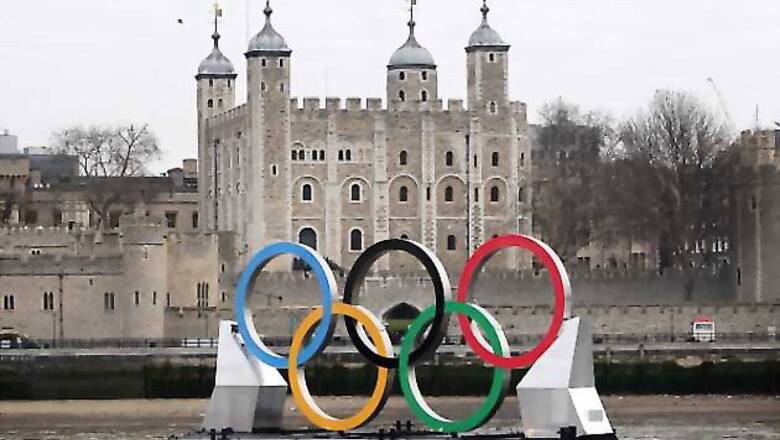
views
London: The forthcoming Olympics have placed British intelligence services under "unprecedented pressure", according to the Intelligence and Security Committee (ISC) that examines the policy, administration and expenditure of the three services.
In its annual report released on Thursday, the ISC said that it recognised the "exceptional effort" that had been required from the staff the intelligence services during the year preceding the Olympic Games.
ISC members are appointed by the Prime Minister after considering nominations from Parliament and consulting with the Leader of the Opposition.
The Committee reports directly to the Prime Minister, and through him to Parliament, by the publication of reports.
The intelligence services had identified three potential sources of threat during the Olympics: "Al-Qaeda and its affiliates planning an attack on the Games and/or participants, especially US or Israeli nationals; Northern Ireland based Republican terrorist groups, either through an attack or a hoax to cause disruption rather than mass casualties; and clashes between rival groups or ethnicities that would be present in London during the Games but who ordinarily would not be considered a threat to the UK".
Besides, the committee's report said that the accreditation process for the Olympics increased pressure considerably.
The process required all 540,000 applications from those working at the venues, as well as officials, volunteers and team members, to be checked against relevant databases to identify anyone whose presence may be a threat to national security.
The intelligence services also came under pressure due to "the need for extensive briefing of and liaison with foreign partners, as foreign intelligence services from the more than 200 nations represented at the Games are expected to send representatives with their delegations for co-ordination and security purposes".
The ISC said that the Security Service had planned on the basis of an "increased terrorist threat" during the Olympics, resulting in greater volumes of intelligence to be analysed and responded to, coupled with a shorter turnaround time and a lower risk threshold than would normally be applied to such intelligence.
The report added that the Security Service had planned on the basis of having to cope with double the normal volume of new intelligence leads, with peaks of possibly four times greater than usual.


















Comments
0 comment